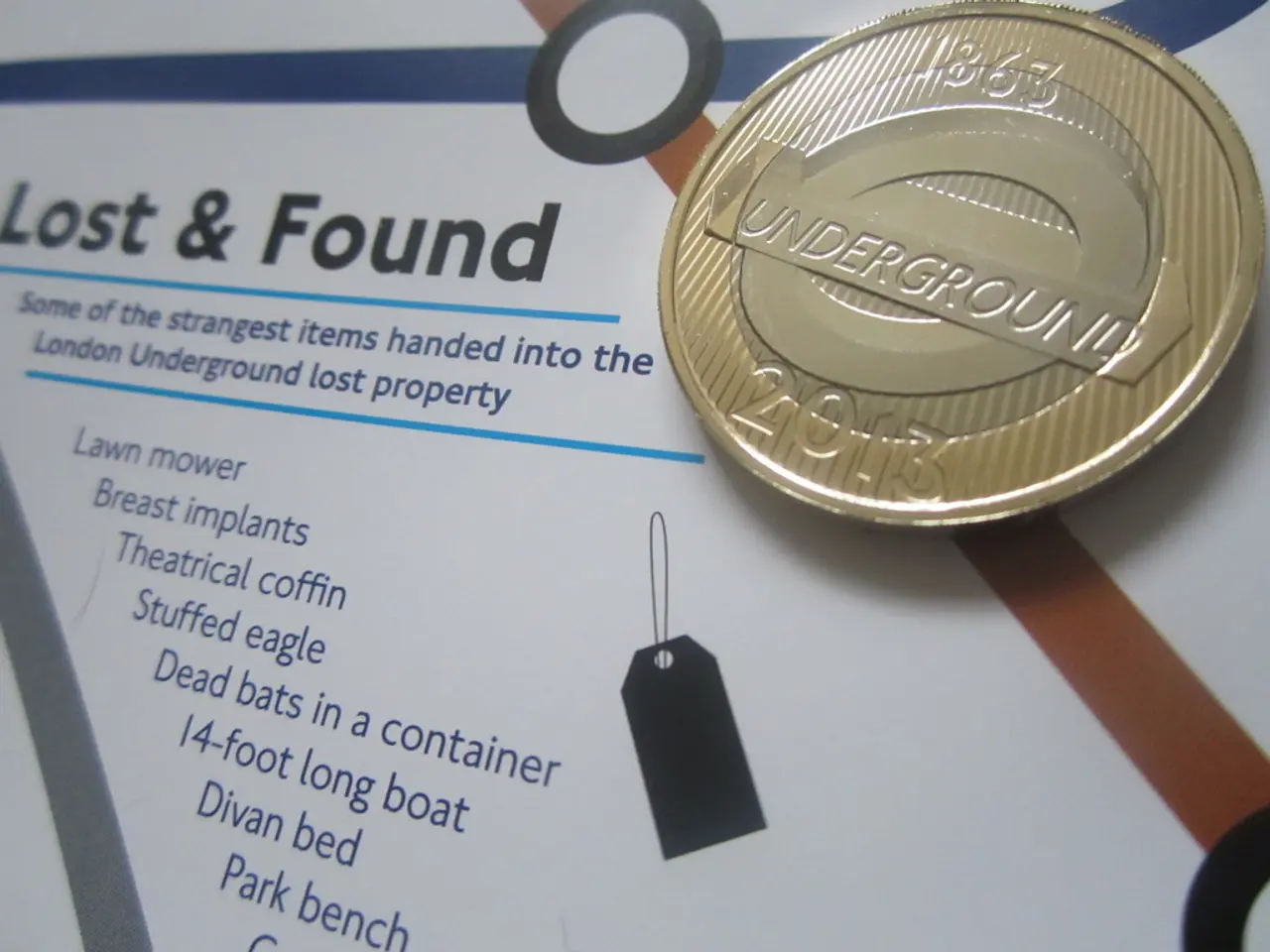Germany to Publish Initial Quarterly Gambling Data
German Gambling Market Faces Challenges from Black Market, but GGL's Quarterly Audits Offer Hope
The German gambling market is currently a regulated but complex environment, facing challenges from a significant black market presence. The regulatory authority, Gemeinsame Glücksspielbehörde der Länder (GGL), a joint federal-state gambling regulator, conducts quarterly audits to enforce compliance, monitor licensed operators, and curb illegal operations.
The black market remains a serious challenge, eroding revenue that could otherwise benefit licensed operators and government tax income. Competition from unregulated operators exerts medium-term negative pressure on the legal market growth by attracting players with more attractive odds or fewer restrictions. Enforcement measures, including licensing and taxation, aim to balance consumer protection with market viability, but high taxation and restrictive licensing can inadvertently encourage black market participation.
The GGL, established by the German federal states, plays a central role in the regulatory framework. It is responsible for licensing, supervision, and enforcement of gambling laws across Germany’s 16 states. Quarterly audits are part of GGL’s oversight strategy to ensure operators comply with German gambling law, technical standards, and consumer protection requirements. These audits check operational integrity, anti-money laundering measures, and adherence to responsible gambling tools. Such frequent audits help maintain transparency, consumer trust, and regulatory compliance, thus strengthening the legal market and helping to limit black market infiltration.
The first quarterly report from the GGL provides the clearest look yet at how Germans are betting. The report shows that digital slots are quickly becoming the backbone of Germany's regulated market, generating €1bn in wagers in Q1 and climbing to €1.1bn in Q2. Sports betting continues to dominate Germany's gambling market, with €1.6bn in online wagers in Q1 and €1.4bn in Q2. However, online horse racing saw a small but clear rise, moving from €25m to €32m, while online poker stakes dipped from €204m to €184m, suggesting a slowdown after earlier growth. Retail betting shops' numbers dropped from €585m to €494m in Q2.
Lottery tickets, both state-controlled and charity-run, continue to hold a strong presence in Germany's gambling market, with stakes reaching €377m in Q1 and €371m in Q2. Class lotteries contributed €61m in Q1 and €58m in Q2, while charity lotteries brought in over €315m in each quarter.
The challenge for regulators, politicians, and operators is to turn the data into a strategy that strengthens the licensed market while reducing the appeal of unregulated play. The GGL believes that more frequent updates will help respond more quickly to trends that indicate problems such as channel distribution or market imbalances. The GGL's plans for quarterly updates were first outlined in German Gambling Regulator Reports Q2 Stake Drop, Plans Quarterly Updates from 2025.
The German gambling market is expected to grow steadily but cautiously, influenced by ongoing regulatory refinements focused on consumer protection and market integrity. There is a predicted increase in regulatory scrutiny and tighter controls in the medium to long term (2-4 years), with efforts to balance taxation levels to sustain operator profitability while discouraging black market alternatives. Germany’s approach is aligned with broader European trends emphasizing fair gambling practices, anti-money laundering, and responsible gambling frameworks within a regulated market environment. Technological advancements and better regulatory tools, such as enhanced data analytics during the quarterly audits, are expected to improve enforcement capability. Growth will also be shaped by evolving market demand, with mobile and online wagering platforms gaining importance, fitting global trends of accelerating online gambling market expansion.
In summary, the German gambling market is solidifying its regulated framework through the GGL’s active oversight, including quarterly audits. However, the black market remains a notable obstacle, driven partly by taxation and licensing restrictions. Future plans emphasize regulatory optimization aimed at consumer protection, market fairness, and limiting illegal gambling, while supporting legal market growth in line with European regulatory trends.
Read also:
- 1. Key Points for August 14: Gathering in Alaska, Immigration Enforcement (ICE), Financial service Zelle, Infowars, and Air Canada Airline Incidents
- Automobile manufacturer IM Motors reveals an extended-range powertrain akin to installing an internal combustion engine in a Tesla Model Y.
- Conflict Erupts Between Musk and Apple Over Apple Store's Neglect of Grok
- Partnership between MTN South Africa and SANTACO aims to advanced transportation systems and stimulate economic opportunities for the masses in South Africa.








